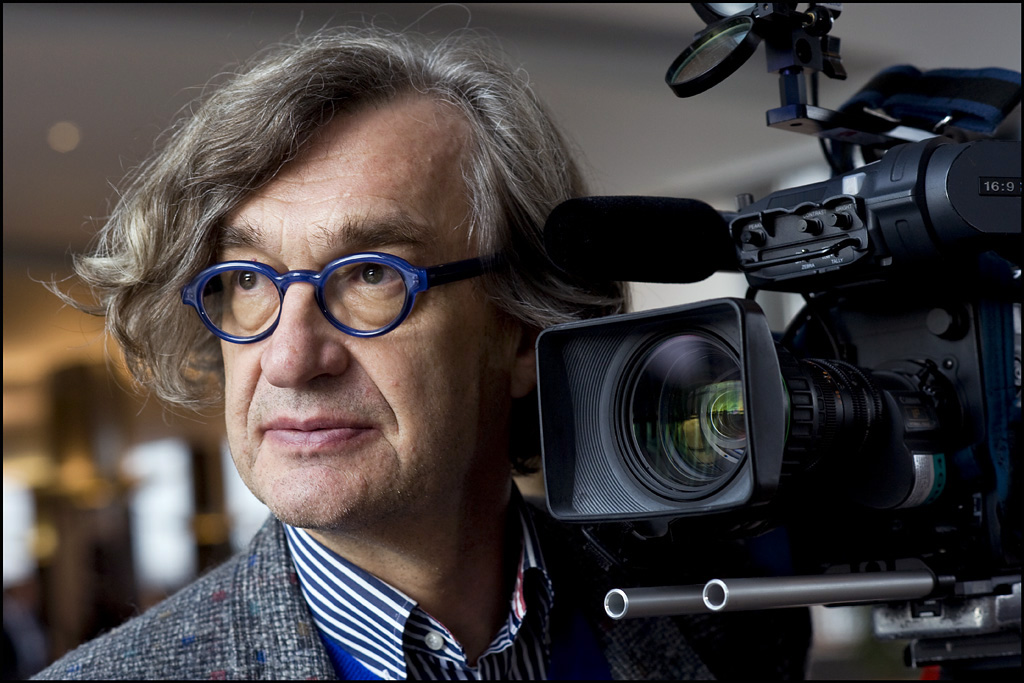WINGS OF DESIRE
A film by Wim Wenders
1987/ Germany/ 129
min
24.04.16 /5.45pm /
Perks mini Theater
http://konangalfilmsociety.blogspot.in/
Wim Wender's celestial tribute to life, love, Berlin,
filmmaking, angels and the poetry of Rainer Maria Rilke, among many things. .Seen
through the (black-and-white) lens of veteran French cinematographer Henri
Alekan and reflected in the gentle eyes of Wenders' star angel Bruno Ganz,
"Wings" is a soaring vision that appeals to the senses and the
spirit.
The angels in “Wings of Desire” are not merely guardian
angels, placed on Earth to look after human beings. They are witnesses, and
they have been watching for a long time--since the beginning. The film evokes a
mood of reverie, elegy and meditation. It doesn’t rush headlong into plot, but
has the patience of its angels. It suggests what it would be like to see
everything but not participate in it.
We follow two angels: Damiel (Bruno Ganz) and Cassiel (Otto
Sander). They listen to the thoughts of an old Holocaust victim, and of parents
worried about their son, and of the passengers on trams and the people in the
streets; it’s like turning the dial and hearing snatches of many radio
programs. the angel Damiel decides that he must become human.He falls in love
with the trapeze artist.
"Wings," like most Heaven-and-Earth movies, ties
up its resolution with romantic ribbons but, in Wenders' eyes, such a conclusion
is the crowning union of life's dual opposites, the sensual and the spiritual,
German's East and West -- as well as its Nazi past and occupied and uncertain
present . . . It's also one of the best endings you can hope for in a movie.
And "Wings" is one of the best movies you can see. (Source: Internet)

Wim Wenders
Born in Dusseldorf in Germany just after the end of World
War II, German film director Wim Wenders grew up with an insatiable appetite
for movies. After studying medicine and philosophy in his native country,
Wenders took up art study in and then returned to his homeland to attend
Munich's Academy of Film and Television. Wenders began his career writing film
criticism before directing a few short subjects of his own; in 1970 he and
several other young filmmakers formed a production-distribution firm,
Filmverlag Der Autoren. Summer in the City (1970) was Wenders' first feature
film, but it was his 1973 adaptation of Nathaniel Hawthorne's The Scarlet
Letter that first brought him attention outside Germany.
Wenders began his "road movie" cycle, inspired by
such American pictures as Easy Rider (1970) and Two Lane Blacktop (1971). Three
films in this genre followed in quick succession: Alice in the Cities (1974),
The Wrong Move (1975) and Kings of the Road (1976).
Wenders' American-financed
films Hammett (1980) and Paris, Texas (1983) were remarkable in their evocation
of time and place.Wenders' return to German filmmaking was rewarded in 1987
with the release of Wings of Desire.












